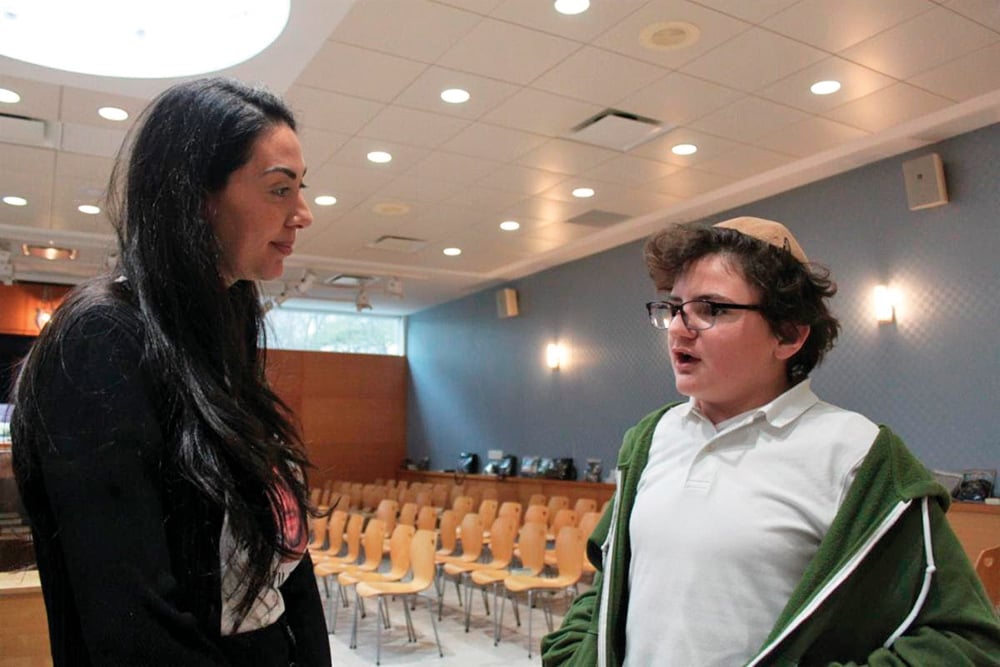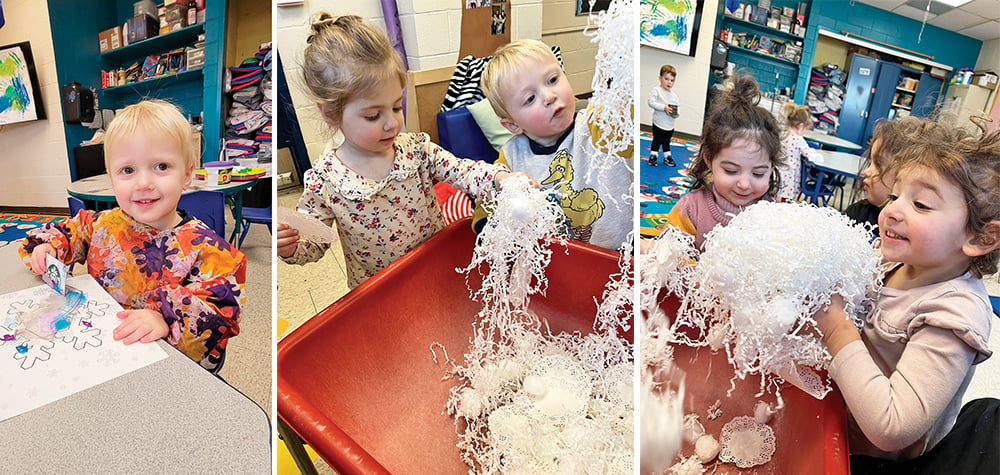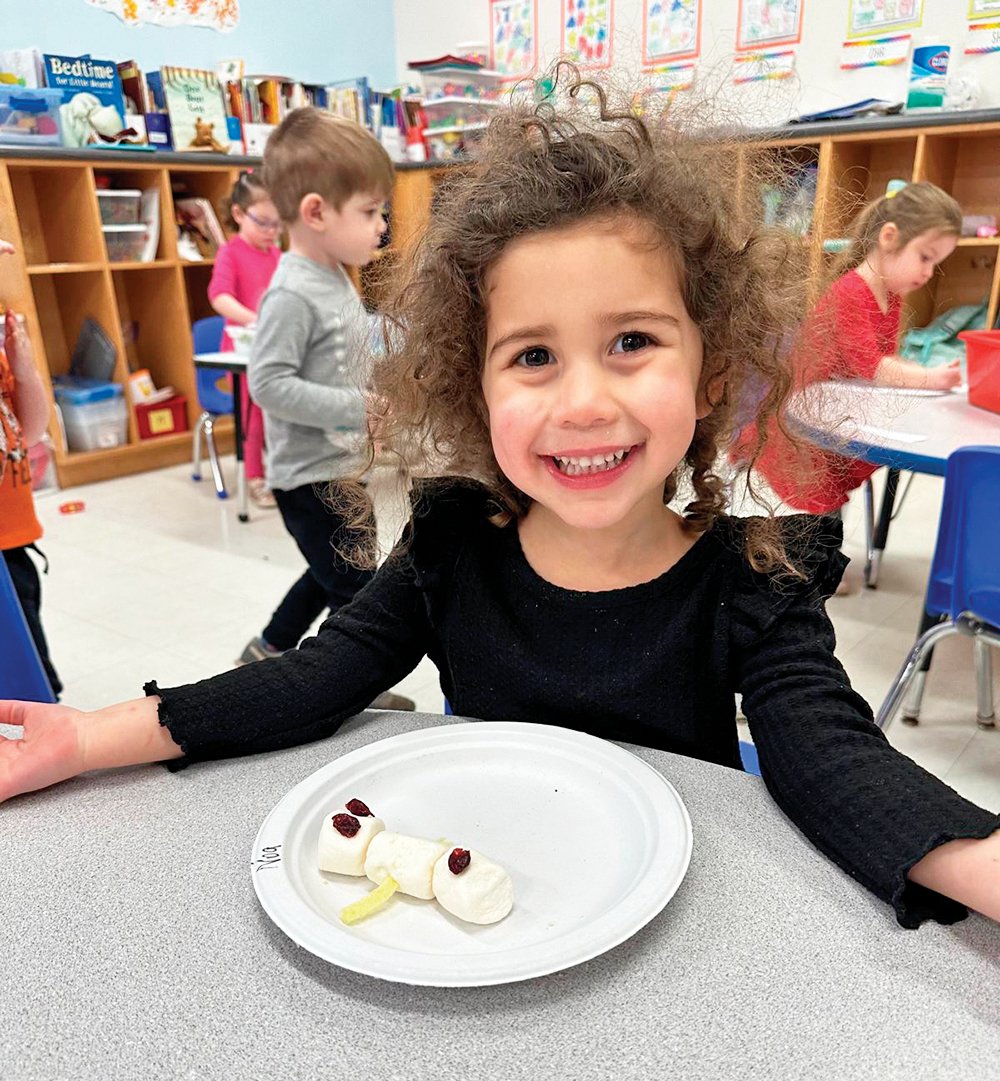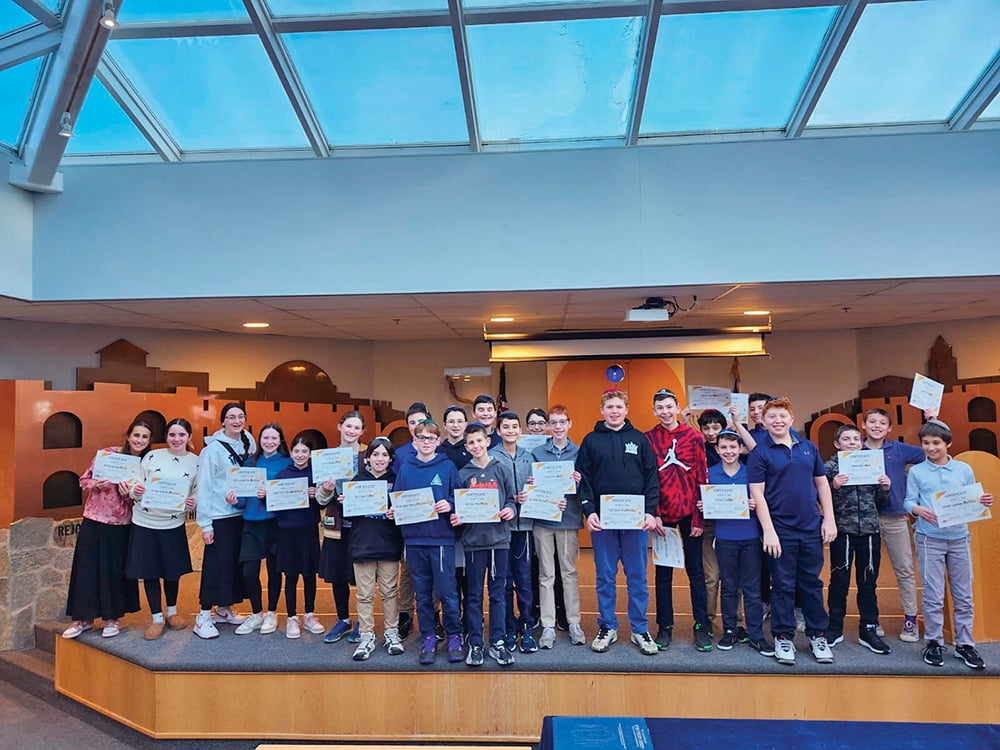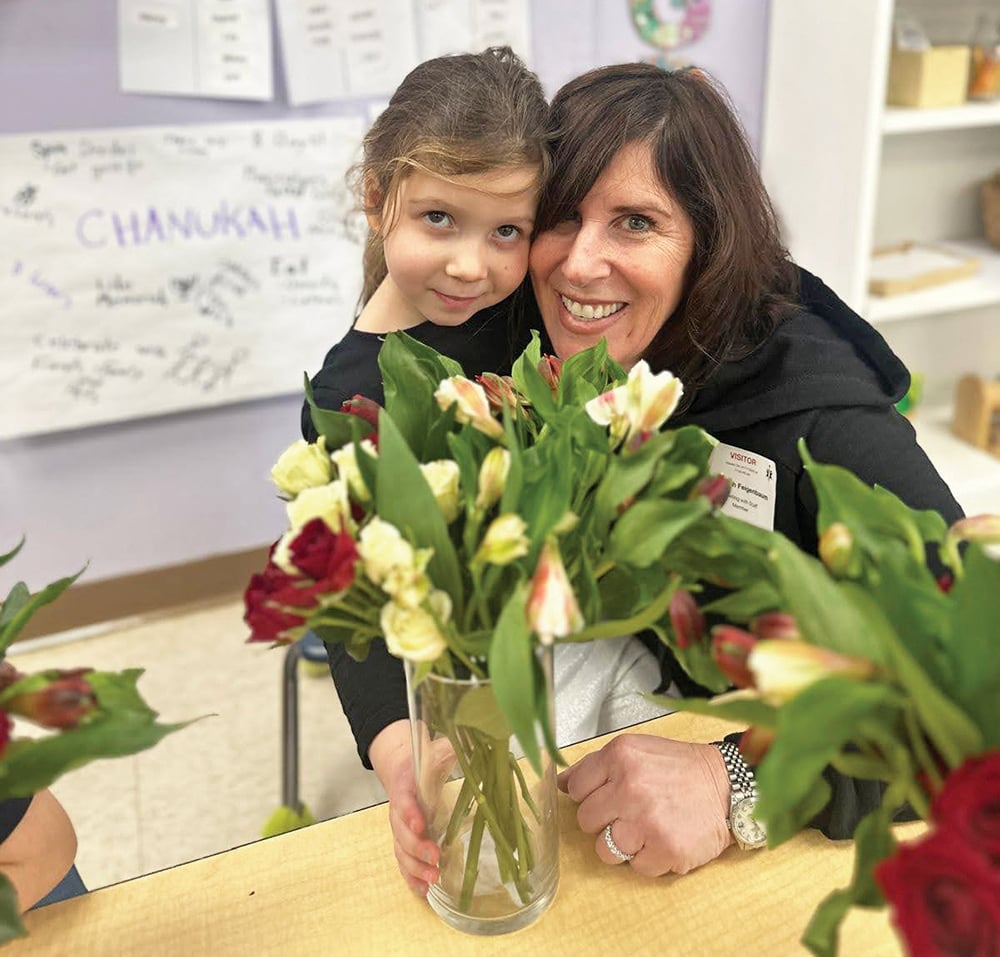
On the ninth of Tevet, December 24, 2020, the Jewish community suffered yet another great loss in the passing of Rav Yehuda Herzl Henkin zt”l, in Yerushalayim at the age of 75. He was the grandson of the illustrious Rav Yosef Eliyahu Henkin zt”l, one of the foremost poskim of the 20th century, from whom he received one of his two semichas. Rav Yehuda Henkin was aptly compared to his namesake, Yehuda son of Yaakov Avinu, whose fearlessness and forthrightness in the name of truth was peerless. Working in tandem with his illustrious wife, Rabbanit Chana Lazarus Henkin, in establishing Nishmat, the world-renowned Torah institute for women, Henkin blazed new trails in women’s learning and community involvement, always keeping within the strict parameters of Halacha.
Rav Yehuda Herzl Henkin was born in Philadelphia in 1945. He attended the Yeshiva of Flatbush, learned at Yeshivat Kerem B’Yavneh and earned a bachelor’s degree in sociology, but interrupted his studies toward a master’s at Columbia University when he opted to learn full time with his aging grandfather, who together with Harav Moshe Feinstein zt”l, was considered the ultimate posek of the generation. While studying intensively with his grandfather for five years, he attended shiurim at the Rabbi Jacob Joseph Yeshiva on the Lower East Side of Manhattan. He received semicha from Rav Yosef Henkin as well as from Rav Yehuda Gershuni in 1971.
Rav Yehuda and his wife, Rebbetzin Chana, made aliyah in 1972 and settled in the Beit Shean Valley where Rav Henkin served as the regional rabbi in the area including the southern Golan Heights. During this period, he published his first volume of responsa, which he titled “Bnei Banim’’ in recognition of the Torah he learned from his venerable grandfather. Three more volumes of responsa with this name were subsequently published, as well as numerous halachic articles.
In 1990, now residing in Yerushalayim, Rabbanit Henkin fulfilled her dream of establishing Nishmat, a women’s Torah institute that would provide women with intensive learning of Torah texts as well as preparation for becoming experts in taharat hamishpacha, family purity. The goal was that graduates of the program would work alongside congregational rabbis in answering questions related to women’s particular issues and concerns. These yoatzot halacha, currently numbering close to 150 and serving communities throughout the world, are proving to be highly informed and hugely comforting authorities in a very sensitive sphere of Orthodox life. When questions requiring a psak (a decision based upon an unclear area of the law) are raised, they are addressed to leading Orthodox rabbis.
Rav Henkin served as the halachic adviser to the Nishmat seminary, and supervised the examinations of the yoatzot. He stood alongside Rebbetzin Henkin in every facet of her running of Nishmat, and his stature as a recognized legal authority helped garner support for the program. In 2017 Nishmat published its first collection of responsa written exclusively by women entitled “Nishmat Habayit: Laws of Jewish Family Life.” Rav Henkin taught the contributors how to write responsa and meticulously reviewed every entry in the sefer.
Rav Henkin’s English publications include “Equality Lost: Essays in Torah Commentary, Halacha and Jewish Thought” (1999), “New Interpretations of the Parsha” (2001), “Responsa on Jewish Women’s Issues” (2003) and “Understanding Tzniut: Modern Controversies in the Jewish Community” (2008). In his final work of essays on the weekly Torah portion, published just this past November, he recounts the Torah study sessions that he and Rabbanit Henkin would engage in throughout Shabbat and which includes many of the rabbanit’s contributions.
Rabbi Aaron Adler, rav of Kehilat Ohel Nechama in Yerushalayim, recently delivered a tribute to Rav Henkin at the OU Center. On a personal note, he mentioned that in his brother Rabbi Joseph Adler’s Congregation Rinat Yisrael in Teaneck, the former yoetzet halacha responded to over 1,200 queries. Rabbi Adler went on to extol Rabbi Henkin as a posek who was noteworthy for responding to issues of the day against the current background of the day.
“When Chazal teach us about approaching authorities for direction,” Rabbi Adler said, “they use the term ‘hakohen she’yihiyeh ba’yamim ha’hem,’ an authority who is entrenched in the current culture, as were Rav Yosef Henkin and his grandson Rav Yehuda Herzl Henkin.” Rabbi Adler praised Rav Henkin, whose second name was Herzl, as a sincere Zionist who sported a kippah serugah, knitted yarmulka, under his black hamburg; who served in the IDF; who was loyal to Medinat Yisrael and was staunch in its defense, defending the marking of Yom Ha’atzmaut in Nissan. Rabbi Adler pointed out Rav Henkin’s sensitivity to issues of women’s tzniut but support of such questions as women’s reciting the Kaddish softly from the ezrat nashim and even reading the ketubah under a chuppah if the audience is receptive to being addressed by women.
Rabbi Chaim Steinmetz and Congregation Kehilath Jeshurun joined the Ramaz School in hosting a tribute to Rav Henkin on December 30, as his family was getting up from shiva. Featured speakers included Rabbi Haskel Lookstein, rabbi emeritus of Congregation Kehilath Jeshurun, who praised Rabbi Henkin as “a shining star of piety, wisdom and menschlichkeit who lived, learned and paskened she’elot in a humble, loving and down-to-earth manner, which is the way he will be remembered.”
Dina Zimmerman, director of the women’s health and halachic website of Nishmat as well as the director of the maternal child and adolescent department of Israel’s Ministry of Health, is one of the earliest graduates of Nishmat’s Yoetzot Halacha program. She pointed out how a mere 25 years ago, women’s seminaries were banned from hosting sets of Talmud, and women did not serve as officers of shuls. “Rav Henkin took the bold steps of promoting women’s involvement in halachic discourse,” she said. “While reviewing every one of the 20,000 questions sent in to the Nishmat website, he nuanced the responses with caution and precision. His words will speak to us even from the world to come, where he will continue to guide the yoatzot.”
Rabbi Ezra Schwartz, rosh yeshiva at the Rabbi Yitzchak Elchanan Theological Seminary of Yeshiva University, referred to Rav Henkin as an ilan gadol, a large tree, whose branches protect today’s Modern Orthodox rabbis as he provides them with genuine sources for addressing community issues while conveying great sensitivity to the issues of contemporary life. “His mantra was ‘lo tagur mipnei ish,’ do not be fearful of man, as he respected methodology and mesoret avot in his piskei halacha.”
Tova Ganzel, senior lecturer at Bar Ilan’s multi-disciplinary studies program and head of its Keramim program, shared examples of Rav Henkin’s innovative commentaries on Torah based on close readings of the text that he explored in his recent volume, “Mehalchim BaMikra.” Cousin Daniel Henkin, music director at the Ramaz School, closed the program with a rendition of a favorite zemer of Rav Henkin’s which was passed down from grandfather Rav Yosef Henkin entitled “Orayta” and which tells of the Torah’s search for a suitable mate among the leaders of Israel.
If you would like to share memories of Rav Yehuda Herzl Henkin zt”l with his family, email to [email protected].
By Pearl Markovitz



